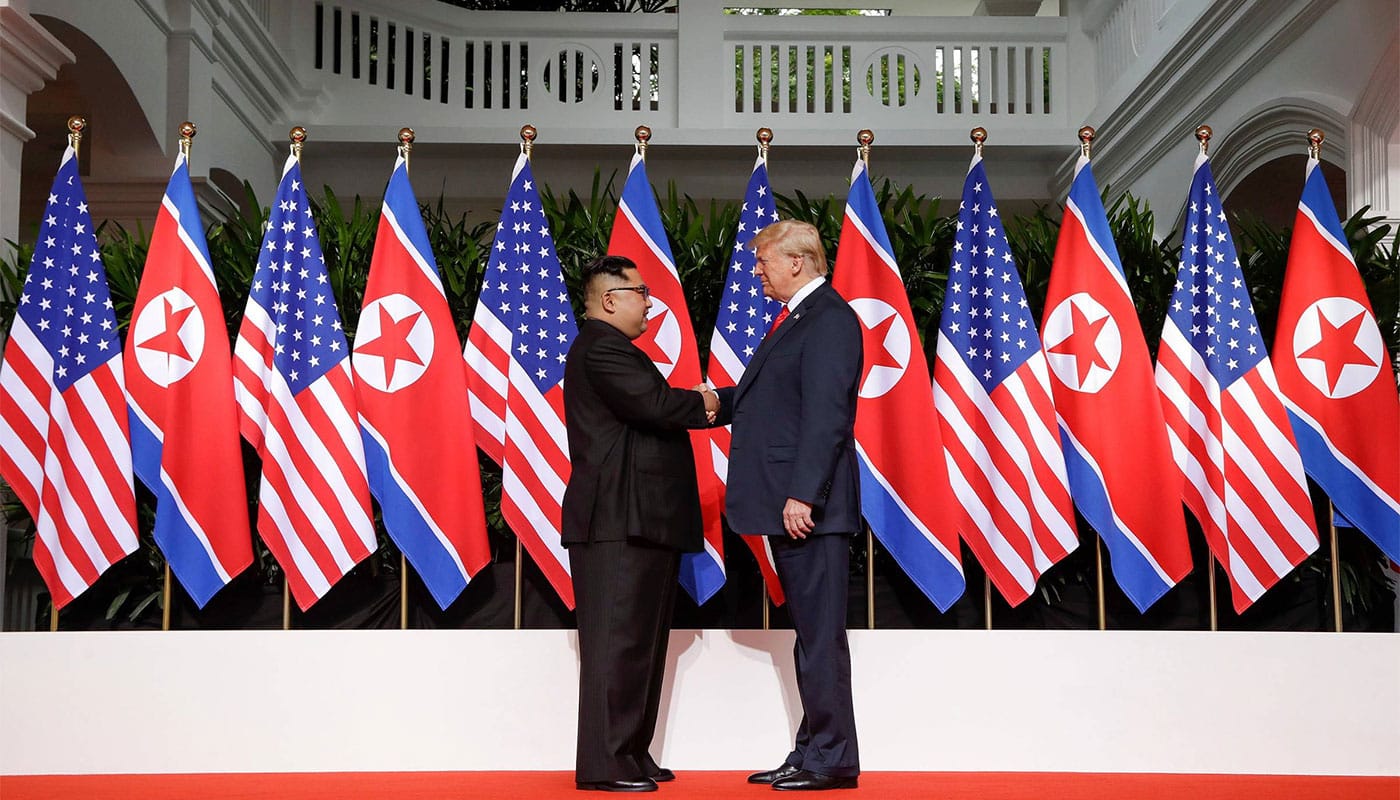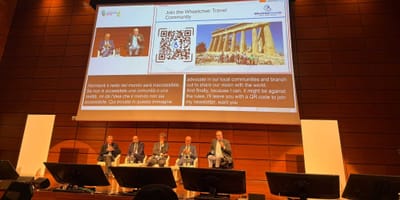For the first time in history, the sitting leaders of the United States of America and North Korea have met. The bilateral summit between President Donald Trump and Chairman Kim Jong-un will surely have political implications in America, but that is not the focus of this article.
While the photo op, negotiations and signed agreement between the two countries are groundbreaking, we must hope that continued diplomacy leads to a safer world and a brighter future for the North Korean people.
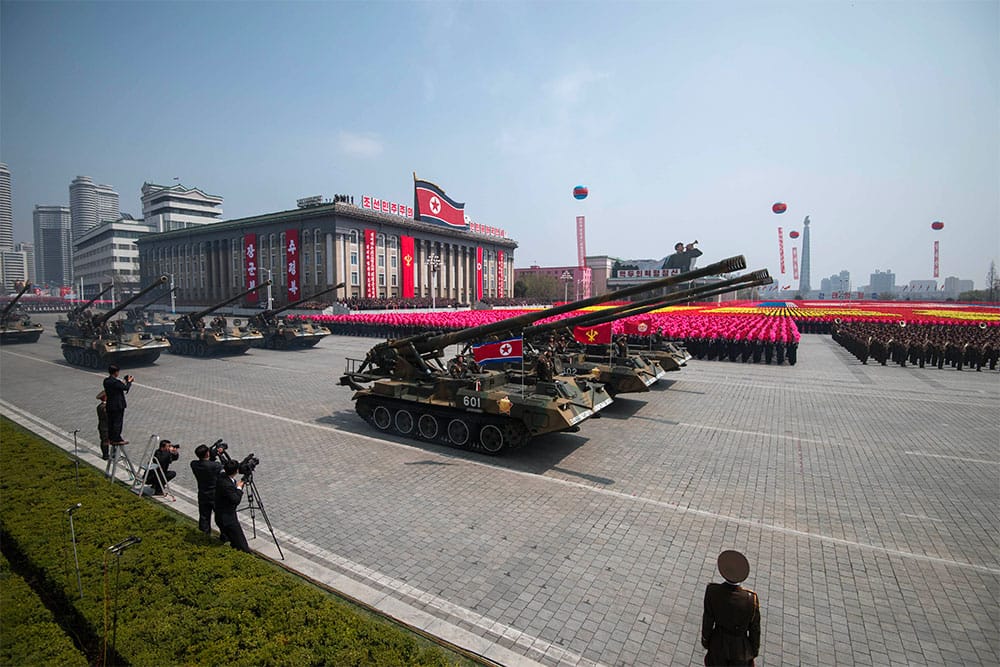
The first-person account of North Korean defector Ji Seong-ho, published by The Guardian in 2014, brought my attention to the human rights crisis affecting disabled people in the pariah state. In a country where malnourishment and death by starvation are an everyday occurrence, care for people with disabilities simply does not exist.
Ji Seong-ho, who became a double amputee at age 13, wrote about the lack of resources and care: “North Korea is already a society where everybody is trying to eat and survive on their own, so they don’t really care whether you are disabled or not. That’s just how it was. There aren’t any groups that focus on or cater to the disabled community. There was no help from the government.”
I didn’t have any friends with disabilities. There weren’t wheelchairs. There weren’t any prosthetics. My greatest wish when I was in North Korea was to be able to walk again.
He continued: “I didn’t have any friends with disabilities. There weren’t wheelchairs. There weren’t any prosthetics. My greatest wish when I was in North Korea was to be able to walk again.”
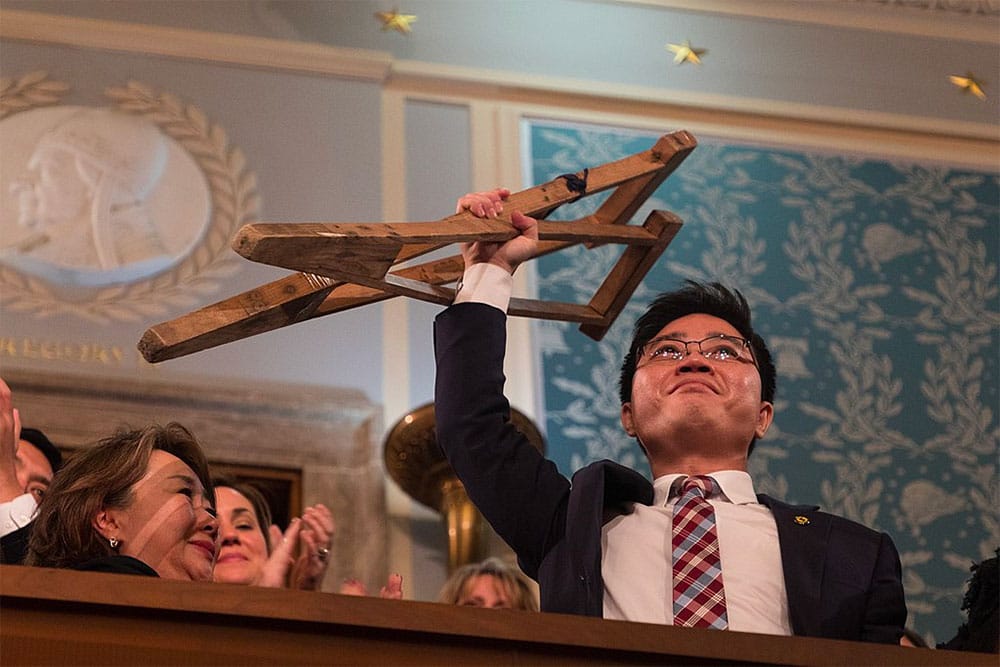
But Seong-ho was lucky, as his disability was acquired at age 13, rather than at birth. Those born with disabilities or differences are often subjected to horrible treatment, if they are allowed to live at all. Still, his life was difficult, and he ultimately defected in 2006, searching for “a land where I could be treated as a human.” In 2018, President Trump included Seong-ho’s story in his State of the Union address, which received tremendous applause.
In an article published last year, Daily Express reporter Thomas Hunt wrote that “those born into the radical regime with a disability have very little chance of survival and if they manage to elude the state they are then hidden from public view.” Hunt reported that a recent human rights investigation, derived from the statements of more than 100 defectors, discovered “people with disabilities in North Korea are killed at birth, often by their parents, or sent for obscure medical experiments.”
Those born into the radical regime with a disability have very little chance of survival…
Economic sanctions levied against North Korea have choked the flow of money and resources, which has led to poverty and starvation in the country. Humanitarian aid provided by outside groups is often confiscated by the regime, never making it to those with greatest need. And, as Ji Seong-ho wrote, in a society where it is every person for himself or herself, the disabled are forgotten, ignored and cast into the shadows.
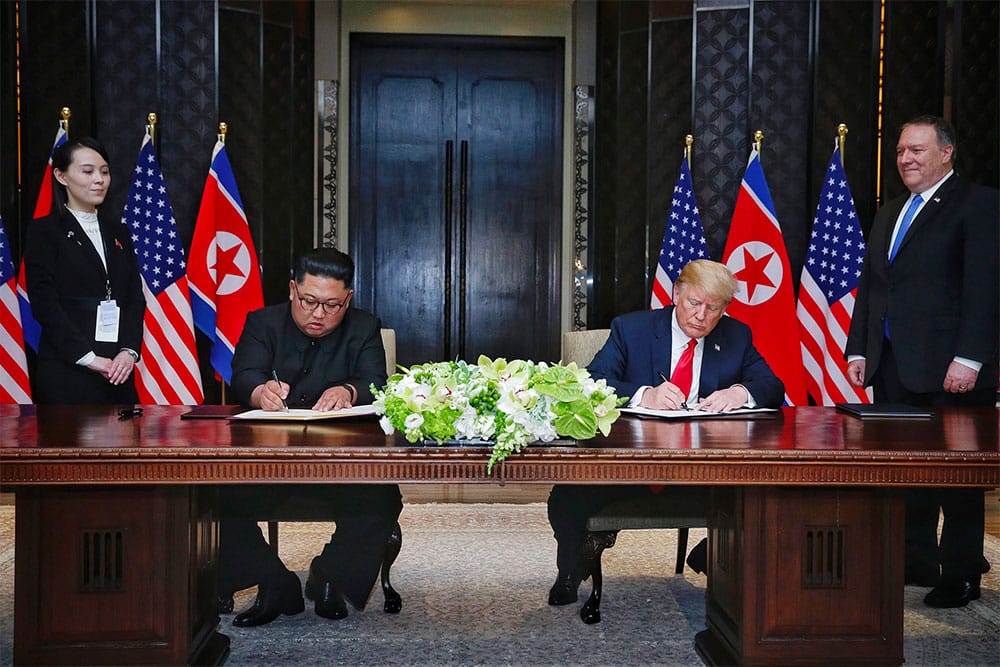
But with today’s historic meeting, a new path may be possible. The United States has for months committed to relax sanctions on North Korea if and when the country dismantles its nuclear weapons program. Today’s agreement (full text), in which North Korea promised to build a “stable peace regime” that includes “complete denuclearization of the Korean Peninsula,” may bring economic freedom to North Korea sooner than imagined.
If economic opportunity and investment does come to North Korea, the rising tide may lift all boats. Tourism would increase, bringing new money and visibility to the country. The U.S. ban on travel to North Korea may be lifted. Aid and advocacy groups may have the freedom to lend a charitable hand. New resources may become available to people with disabilities. Widespread construction may occur and investments in accessibility may be made.
These, of course, are only possibilities. But hope evolves from possibility. So, let us be hopeful in the new opportunities that may be on the horizon, as they could mean a radical shift in the welfare of the North Korean people.
Prior to signing the agreement, Kim Jong-un said that the two leaders had “decided to leave the past behind” and that “the world will see major changes.” But the changes must include a commitment from North Korea to put an immediate end to the human rights violations atrocities carried out against its citizens, whether they be political prisoners or people with disabilities. The United States and its allies must demand and enforce the same.
Feature image courtesy Evan Vucci/Associated Press.

